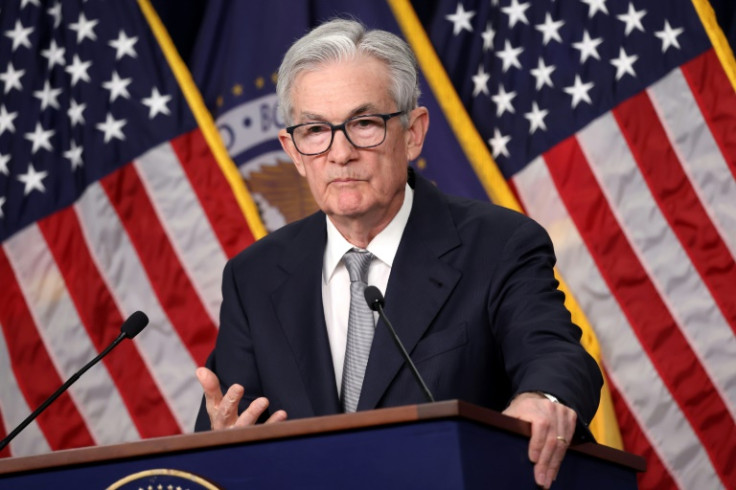Fed Set To Hold Rates Again, But When Will Cuts Begin?
Amidst this turbulent economic environment, the Federal Reserve has gathered for its first policy meeting of the year, and the financial markets on the edge of their seats.
At a two-day meeting that starts Tuesday, the Fed is expected to hold its key short-term rate steady at a 22-year high of 5.25% to 5.5% for a fourth straight meeting, but the burning question is when Fed Chairman Jerome Powell and his colleagues will initiate a series of rate cuts.

Luke Tilley, Chief Economist for Wilmington Trust, speaks about the prevailing sentiment, as a "slow turning of the battleship of guidance." This steady shift in the central bank's stance is being coined as a precursor to a more dovish outlook, with investors eager for any insights on the probable timing of rate cuts.
The question of whether the anticipated cuts will come into effect in March or May has become the talking point of debates among economists and traders. The initial assumption that March was the likely commencement for rate cuts has faced headwinds, with pushback from central bank officials. CME FedWatch Tool shows that the probability of a rate cut in March has fallen from a high of 71% to approximately 46%, whereas the odds of a cut in May stand at 51%.
Central to this dynamic is the statement made by Powell during a press conference in December. Powell stated that the central bank had initiated discussions on when to dial back policy restraints, deeming it a "topic of discussion" and "a topic for us looking ahead."
But Goldman Sachs Economist David Mericle does not align his forecast with this sentiment and wrote in a note to clients, "The (Fed) will likely aim to keep a March cut on the table without sending a decisive signal."
However, Wilmer Stith, bond fund manager for Wilmington Trust, thinks Powell might strategically temper market expectations. In his words, Powell's goal may be to position expectations "in the center so he can have room to move in either direction without causing as much of a disruption."
As analysts, like Brett Ryan of Deutsche Bank Securities, anticipate that this week's meeting will serve as a turning point. Ryan mentions a specific passage in the December statement, expressing that the removal of the word "any" from language about additional policy firming would shift the central bank from a "strong tightening bias" to a more "neutral bias." This, according to Ryan, sets the motion for future cuts.
As the Federal Reserve navigates through these intricacies, economists widely claim that the central bank will opt in for a cautious "wait-and-see" approach in this week's meeting. They anticipate that Powell will carefully choose the language used in the official statement, affirming the end of rate hikes without disclosing a decisive signal about forthcoming cuts.
The market will also closely scrutinize Powell's statements and any adjustments in the official statement for clues about the central bank's next course of action. As the battleship of guidance slowly turns, investors are on the lookout for signals that will map out the course of monetary policy in the coming months.
© Copyright IBTimes 2024. All rights reserved.





















